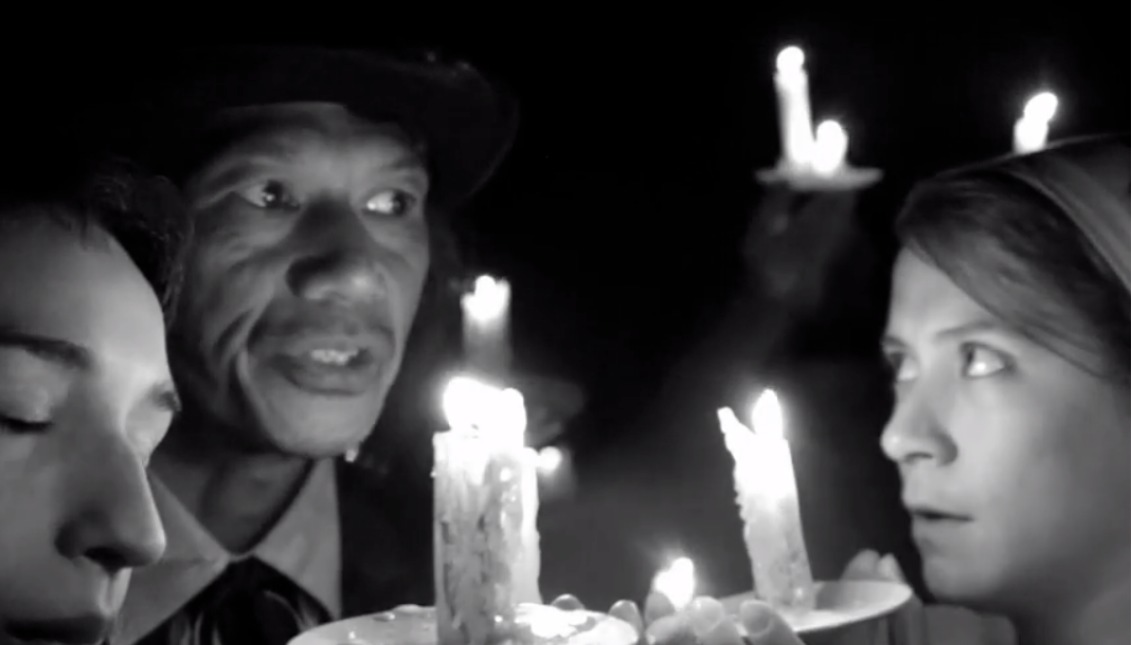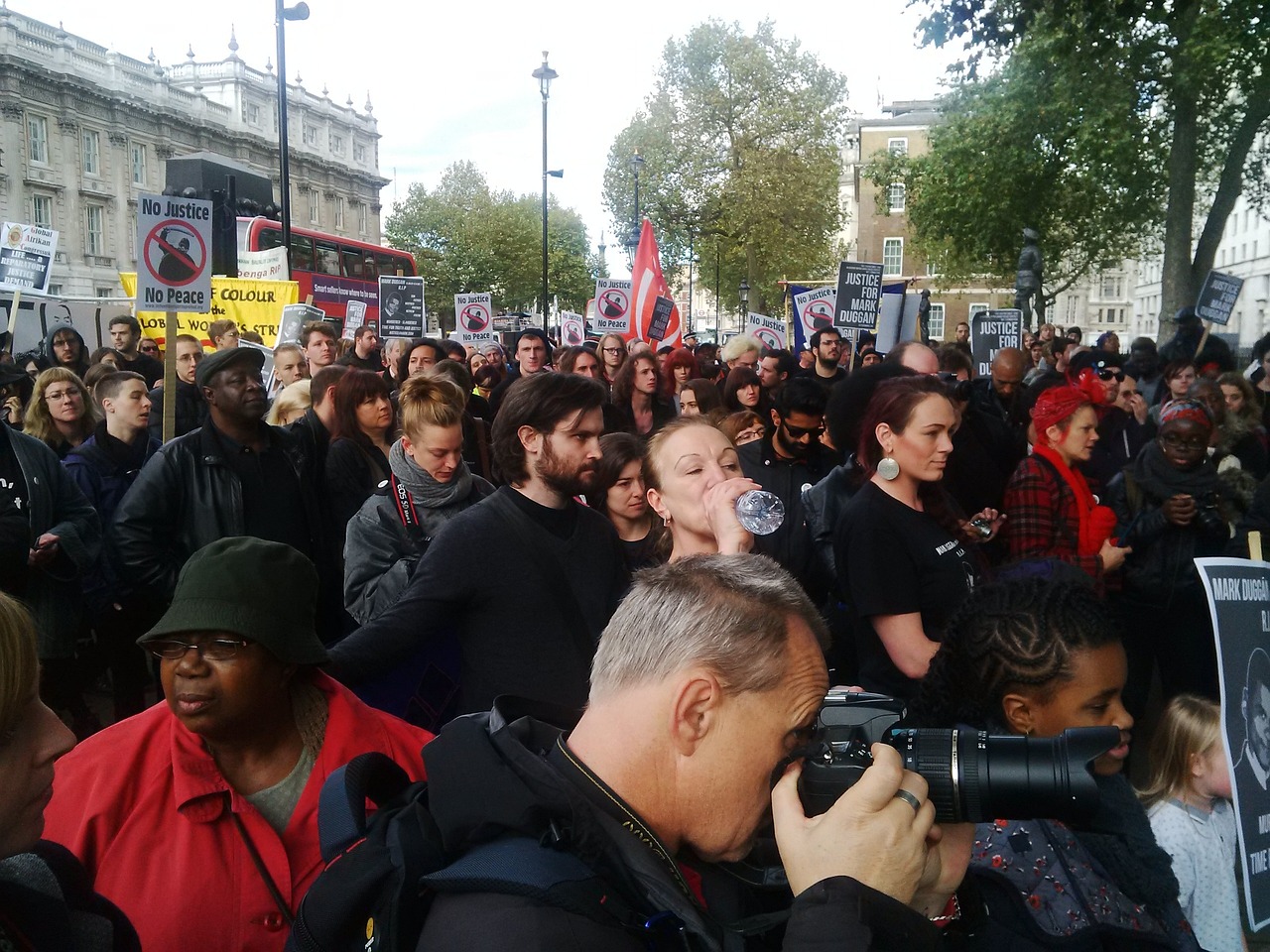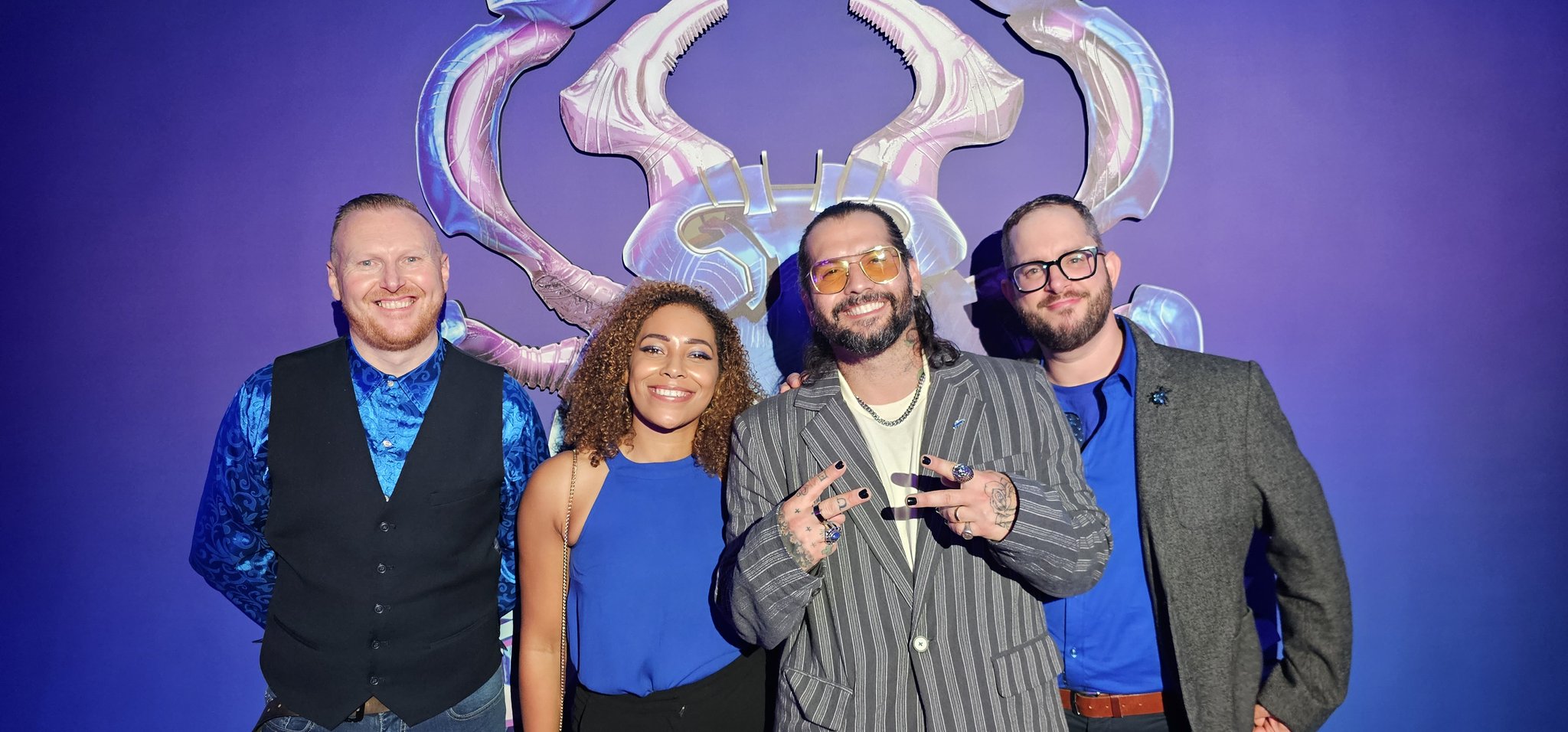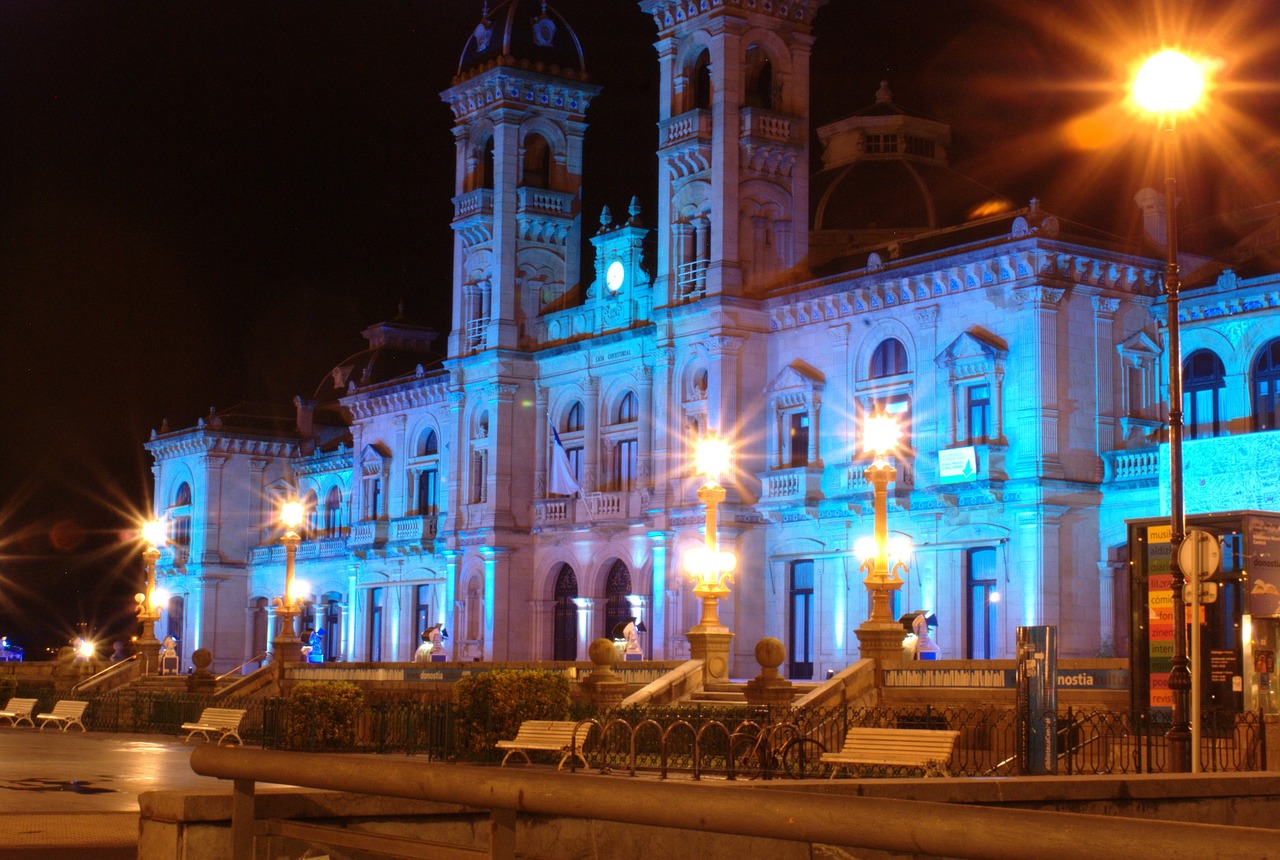
Mexican artist returns to PMA to premiere second film
Mexican visual artist Carlos Amorales will have the American premier of his second film, “The Man Who Did All Things Forbidden” at the Philadelphia Museum of Art, Oct. 21 at 5:30 p.m.
Amorales conceived of the work six years ago when he first read Distant Star (Estrella Distante in Spanish), a novel by the late Chilean author, Roberto Bolaño. “It was very provocative,” Amorales said, “it identified the South American intellectual, poet, artist, as an individual with fascist perspectives.”
Mexican visual artist Carlos Amorales will have the American premier of his second film, “The Man Who Did All Things Forbidden” at the Philadelphia Museum of Art, Oct. 21 at 5:30 p.m.
Amorales conceived of the work six years ago when he first read Distant Star (Estrella Distante in Spanish), a novel by the late Chilean author, Roberto Bolaño. “It was very provocative,” Amorales said, “it identified the South American intellectual, poet, artist, as an individual with fascist perspectives.”
Through a colleague in Mexico City, Amorales learned that the novel’s protagonist, Carlos Wieder, might have been based on Raúl Zurita, the Chilean poet and performance artist who won the National Literary Prize in 2000. Amorales traveled to research the Chilean avant-garde movement of the 1970s, which emerged during the dictatorship of Augusto Pinochet. The visual artist said, “I went to Chile and I tried to meet with the greatest possible number of people, asking them about their opinions.”
The title of the film comes from an Eskimo myth, “The Man Who Did All Things Forbidden.” According to Amorales, “It is the story of an individual who breaks with tradition,” corresponding with the role of the avant-garde poet — to separate him or herself from mainstream tradition and start from scratch. With this in mind, the work utilizes a visual medium in a reduced form, in black and white.
The movie was filmed November 2013, in Tunquen, Chile, some thirty miles south of the city of Valparaíso. This May, it premiered at the eighth Berlin Biennale for Contemporary Art, for which it was originally commissioned. Just a few weeks ago, it was shown for the first time in Chile, at Cines Mayo.
In 2008, the Philadelphia Museum of Art showcased a selection of Amorales’ work, “Four Animations, Five Drawings, and a Plague.” The plague refers to “Black Cloud,” an installation composed of thousands of paper silhouettes of moths, actual size, fixed to the walls and roof of the exhibition space. This was the first time that the piece was exhibited in a museum.
It was also the first time that Amorales visited Philadelphia. “I only knew of it because of Rocky,” he joked.
“Four Animations, Five Drawings, and a Plague” coincided with “Frida Kahlo,” one of the most visited exhibitions in the history of the museum. “I was able to see my work alongside other artists,” Amorales said. Now there are a number of his pieces in the museum collection.
The connection between the Mexican artist and the Philadelphia Museum of Art came about through Carlos Basulado, the museum’s curator of Contemporary Art. The two met in 2003, at the Venice Biennale, one of the most prestigious international exhibitions of contemporary art.
Amorales has also collaborated with Reinaldo Laddaga, an Argentinian writer and associate professor in the department of Romance Languages at the University of Pennsylvania. Laddaga helped Amorales write his first film, Amsterdam, in 2013.
After the premier, there will be a conversation between Amorales and Andréa Picard, film curator of the Toronto International Film Festival, led by Laddaga. Free tickets are available at philamuseum.org.
Amorales currently resides in Mexico City.










LEAVE A COMMENT:
Join the discussion! Leave a comment.